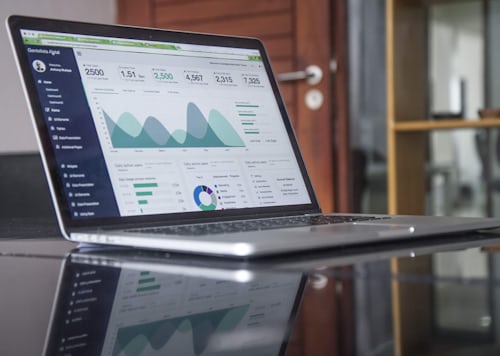- Home
- ABOUT US
- PRODUCTS
- PROJECTS
- GALLERY
- SERVICES
- BLOG
What is a market maker? - Definition and function
It is therefore a market participant that enables other participants to realise their buy or sell orders at a market-driven exchange price. Market makers ensure the smooth functioning of the financial markets.
In this article I explain what a market maker is and what advantages they offer. I will also tell you which brokers act as market makers and which do not.
Market Maker Definition
Market maker means "market maker" or "market maintainer". Market makers are large stock exchange participants who quote bid and ask prices for certain assets. They trade at their own risk in Exness.com login and for their own account. In doing so, they are continuously available to other market participants, for example traders, as a counterparty and enable them to immediately execute transactions at a price in line with the market. If other buyers or sellers are not available, the market maker automatically becomes the counterparty. In the event of supply gaps, the market makers buy or sell the trading objects in demand. Market makers ensure the smooth running of the financial markets by providing liquidity. In addition, they undertake to provide binding buying and selling prices for the trading objects offered at all times.
What is a market maker and what are their tasks?
Market makers can be individuals as well as larger institutions such as asset managers, banks or brokers. However, due to the high volume of assets traded, individuals are less likely to be market makers than large institutions.
The task of market makers is to ensure the functioning of financial markets. They buy trading assets for which no other buyer can currently be found or sell them if no other seller is available. Market makers are obliged to quote prices within a fixed maximum range at all times for the trading objects they offer. They must execute incoming orders at these fixed prices.
The constant liquidity during trading hours makes it particularly easy to place a trade via a market maker. In addition, the order fees are often significantly lower than with other brokers due to the high trading volume and fixed spreads. Remuneration is usually based on the so-called spread, i.e. the difference between the buying and selling price (bid and ask price).
Market makers can appear on various exchanges, such as securities exchanges or energy exchanges. They most frequently appear on the stock market. For example, a market maker can only sell the number of shares that he can also buy himself. However, they are obliged to comply with the normal market size (NMS) and a minimum number of securities. The number can vary from share to share. For example, IG uses market makers to fix the prices of hard-to-sell shares.
Market makers set market prices so that supply and demand are in balance. In volatile market phases, they stabilise the markets and are available as counterparties when no buyer or seller can otherwise be found. Furthermore, they are responsible for market developments, which means they bear a high level of risk. They earn their money with the so-called spread, i.e. a difference between the buying and selling price, which they determine themselves. Due to the high trading volume with market makers, the overall earnings are very high even with small spreads. The more transactions are carried out, the higher the turnover.



